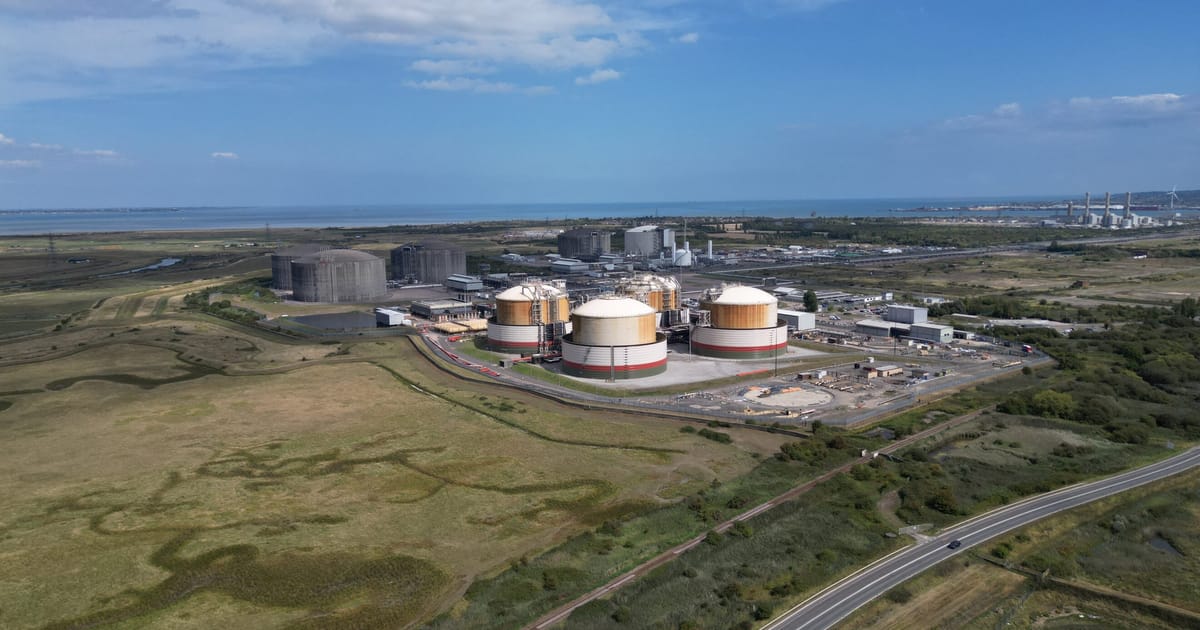That would hand him sweeping legal powers to control national supply and demand of gas, with which gas companies would be legally required to comply, powers that can be over-ruled only on the say-so of the king — a responsibility Butterworth acknowledged with a nod, saying, “I’ve always found that quite fascinating myself.”
The NEC position has existed since the 1990s. Butterworth has held it since 2022. Since the invasion of Ukraine, he has been “more cognizant of” potential scenarios involving “loss of supply from the North Sea,” he said — as might be caused by a Nord Stream-style attack on a pipeline.
For years, National Gas has held annual wargame-style exercises to practise for an emergency. The next takes place later this month, involving 50 organizations — including the government — and 400 people.
The scenario is different each year. To trigger Butterworth’s emergency powers a combination of things would likely have to go wrong: a pipeline failure, for example, combined with a reduction in LNG supply and cold weather driving up demand.
The Chris Whitty of energy
In a network emergency — something Britain has never experienced and which remains “highly unlikely,” Butterworth stresses — to preserve gas for those that need it most, like hospitals, he could make public appeals for reduced gas use, require large gas users like power stations and factories to shut down or, in the most extreme cases, cut off gas to potentially large numbers of homes.
Such a step would be taken to maintain the safety of the wider pipeline system. At all costs, the goal would be to avoid an unplanned loss of pressure somewhere in the network — a highly dangerous situation that can lead to gas leaks into homes or explosions.
